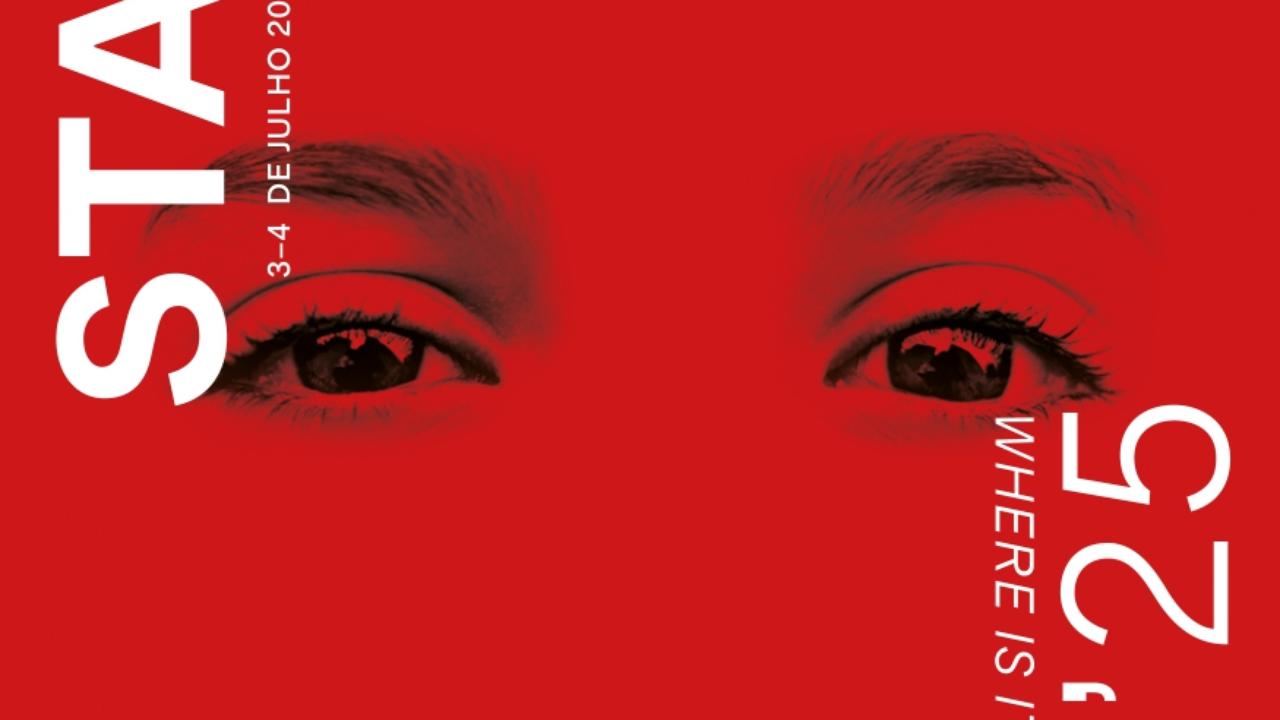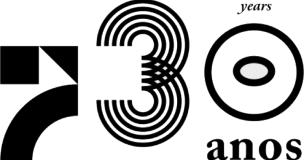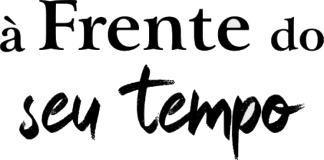States Of The Art '25 - Where is it (going)?

SOTA’25/WHERE IS IT (GOING)?
Conference, 3rd and 4th of July 2025.
Colégio das Artes, University of Coimbra
CALL FOR CONTRIBUTIONS
For the past two decades the epistemological and theoretical framework of Art Based Research (ABR) has become a new paradigm within Academia.
In 2009, Belgian philosopher Dieter Lesage curator of the 2007 exhibition “A Portrait of the Artist as researcher”, emphasized in the E-Flux magazine the reterritorialization of Academia in the framework of Art and Curatorial practices that reinvented itself beyond the colonization of the market through a workshop-seminar outline where artistic teaching and learning dynamics and artistic practices were condensed (and realigned) in a single think tank reality. ABR changed the ecosystem of the Art and Humanities productive and interpretative conundrum bringing to Academia a new methodological set of working practices that socialized the connection between the studio and the seminar room.
Today it is no longer a conceptual or sociological issue (or an “existential” shift of art practices focused on experimentation and anartistic dissent) the acceptance and inclusiveness of this reality within the academic space and the essentialist discussions on ABR are no longer interminable and fluid exercises on the unknown. In her PhD thesis, “After Artistic Research”, artist and researcher Ana Catarina da Fonseca Almeida (FBAUP, 2015), almost paraphrasing the Marxist adagio, points out that by then there was enough talk on the definition of Artistic Research and the time had come to start doing artistic research. The core of her PhD addressed the fact that a “new materialism” on Artistic Research was yet to be built. Guidelines, road maps, prototype experiences, learning by doing, all the fluidity of artistic knowledge being created, brought to live and shared was in dire need to become palpable and event based.
In 2024, 9 years past, it has become consensual that both within the domain of the Humanities and that of Art Education, ABR is a new collective “geo-political” reality, a disciplinary area, with its methodological and epistemological core focused on departing and dissenting art practices, its studio or post-studio productivity, its self-reflexivity and autonomy from idealistic ethnocentric and patriarchic paths of thinking. This new reality argues for the critical inherent qualities of interdisciplinarity as a collective dialogical endeavor, enhances the building block of human capacity to doubt and rebuild the referentiality of knowledge and its endless tangible approach to truth.
So, today, the generative tensions of the early debates on ABR have given place to the understanding that artistic research can work as a cultural effort to repossess and signify subjectivity’s cultural constructs from the aesthetical functionalization and standardization imposed by the capitalist order. In ABR the forces of aesthetics, of poetics, of iconography and creativity are redefined and reused, not as spaces of fixed knowledge to whom artists should conform and be submissive, but as artistic prime-matter and intellectual enablers. This may help artists to overcome their own fear of an open door debate on creativity and to surpass conceptual dogmas, scholastic art thinking and art making. These forces teach, through the research embedded in the thinking and writing process of a Master or an ABR PhD, how can artists repossess the meta-narratives of their authorship, escape hyper-definition, resist interpretation and explore in a peer context, concepts, ideas and methods originally dominated by the logocentrism of humanities.
Given the historical changes and empirical turns that have widened the practical and theoretical arch of ABR PhDs as an inescapable reality of Portuguese Academia – and transformed them into new proactive data for the self-reflexivity of ABR practices and to the legitimation of artistic research –, it is no surprise that a much needed critical balance and assessment of the results of the last 15 years of ABR PhDs has become a main operational target for people in the Academia dedicated to the development and transformation of ABR/ Artistic Research.
In Portugal a recent FCT funded exploratory research coordinated by Helena Elias (VICARTE and CIEBA) and Sofia Ponte (UNIDCOM-IADE), “Emergent matters: a proposal for a collection of art of the higher education artistic research in Portugal”, developed a broader reading of the Artistic Research positional situation in Portuguese Higher Art Education Institutions (HAEI). This research had a pioneering importance by mapping the state of the art of Artistic Research conceptions in Portuguese Academia since 2009. As they state in their research abstract, a series of operational questions were due to be addressed:
“Is there a community of artistic researchers growing and sharing AR as a frame for research nationally? What are the conceptions on AR that are being developed and attached to this community? What conceptions of AR as stated by literature on the subject have suited the research projects under training and development?”
On a parallel path and resulting from the awareness that in the time span between 2011 and 2023, the PhD on Contemporary Art (DAC) of Colégio das Artes (Universidade de Coimbra) had built a proficient community of artistic researchers, mainly artists and curators, and also in an effort to give cohesion and proactiveness to its Alumni community, the Coordination of DAC decided to organize a meeting conveying an active voice to this critical mass of people directly related to Colégio das Artes conception of ABR. The event was called “States of the Art’23-Alumni Talk” (https://www.uc.pt/colegioartes/Pub/Liv/STATES) and it was convened in late June 2023 with keynote speaker, artist and scholar, João Sousa Cardoso, who lectured on the productive nexus of Art and Academia, the University research status quo and the place of art practices within the reality of knowledge production.
We then assembled a group of 9 Alumni that in their communications focused on their line(s) of artistic research, while problematizing and debating the nature and thematic singularities and working methods of their ABR PhDs as well as their post-doctoral interests. What came out of this experience was how ABR set a common ground for repositioning artists, artists-researchers and researchers, who adhered to its methodological and dissenting openness as people that question the given and search for decentered and critical readings of the worlds of artmaking.
Ensuing from all the contributions brought to the threshold of the ABR PhD reality in Portugal, and in collaboration with art-based researchers from different Portuguese HAEI and research centers, the coordination of the PhD on Contemporary Art of the Colégio das Artes decided to renew the spirit of the SOTA’23 and is scheduling a new meeting, SOTA’25 for early July 2025.
We are calling for contributions, oral and written communications, from artistic researchers, artists, art teachers, curators, holders of a PhD, specifically with an ABR nature and that was produced in one of the Portuguese HAEI. We want to gather, listen and discuss with the 3rd cycle Alumni community of Portuguese HAEI to compare and problematize their viewpoints on ABR. Our main proposal is to address a set of pending issues or questions, within the singularities and differences of each research subject:
– How can we infer the coming changes of ABR? Where is it going?
– What is ABR place within the worlds of contemporary art? Is it able to counter the systemic nexus of the Museum - Art Gallery and artist studio and turn the academic environment into a new, collaborative and contributive ecosystem for art practices?
– Can ABR be seen as a new form of institutional critique?
– Is the post-conceptual pluralism of the arts a visible subject of ABR?
– Can we read ABR PhDs as a “theory of practice” made out through the individual or collective agency of artists and opened to a critique of the individual?
– Is ABR a specific kind of research that combines the venues of post-humanist thinking – post-heteronormative, post-patriarchal, post-ethnocentric –, with the venues of art making, with its crisis, limelight and metamorphosis within the techno-scientific “dominant forces of production”, reproduction and commodity consumerism?
TIMELINE
The proposals are peer reviewed and due to be submitted within the following timeline:
15th November to 15th January 2025
Abstract with 500 words, 5 keywords, title of the presentation, author(s), affiliation(s), and email contact(s). Please submit to sota@uc.pt.
15th April 2025
Communication of results to the author(s)
15th June 2025
Final paper with 5000 words, 5 keywords, title of the presentation, author(s), affiliation(s), and email contact(s), APA Style. May include graphic material up to 8 figures. Please submit to sota@uc.pt. Full papers will be published in a dedicated book in 2026.
ORGANISATION
António Olaio, Pedro Pousada, Bruno Gil, Carolina Coelho
Colégio das Artes / CEIS20
SOTA’25 SCIENTIFIC COMMITTEE
Ana Catarina Moreira Pinto da Fonseca Almeida (FBAUP/ i2ADS)
António Olaio (FCTUC/Colégio das Artes/CEIS20)
Fernando Matos de Oliveira (FLUC/ Colégio das Artes/ CEIS20
Helena Elias (FBAUL/CIEBA/ VICARTE)
Joana Rêgo (FBAUP/ i2ADS)
Pedro Pousada (FCTUC/ Colégio das Artes/ CEIS20)
Rita Gaspar Vieira (IPT/ Colégio das Artes/ CEIS20)
Sofia Ponte (IADE- Universidade Europeia/ UNICOM)
Vítor dos Santos Gomes (Escola de Artes-UÉvora/ CHAIA/ In2PAST/ CIEBA)
Mirian Nogueira Tavares (FCSH-UAlg/ CIAC)





